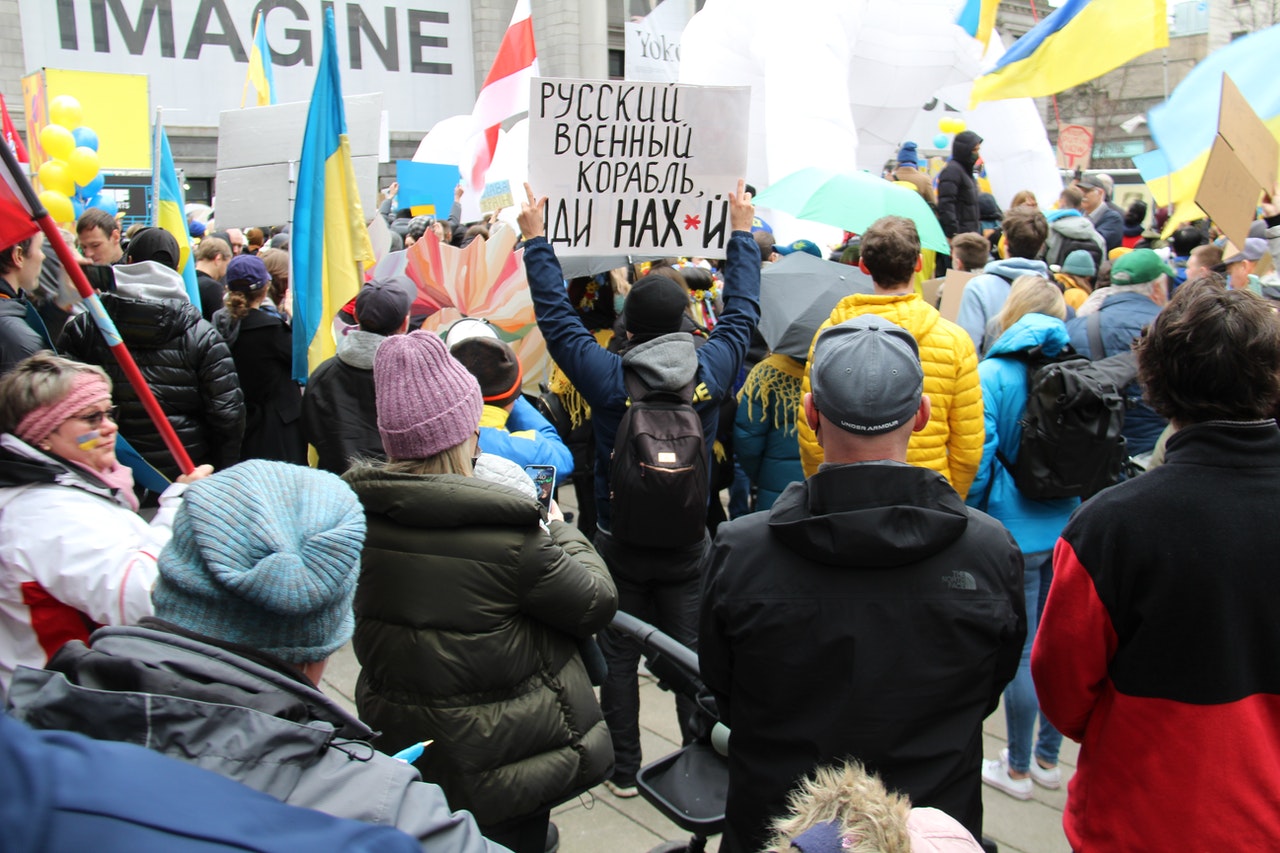In today’s Nigeria, social media isn’t just a tool — it’s become the heartbeat of how we connect, share, and even love. Platforms like WhatsApp, Instagram, Twitter, and TikTok have changed the way Nigerians build friendships and maintain relationships, often blurring lines between the virtual and the real.
Once, friendships were nurtured face-to-face, in neighbourhoods, schools, or places of worship. Now, a “like,” a comment, or a shared meme can spark connections that grow into deep bonds or even romances. This digital revolution means your closest friend might be someone miles away, known only through chats and video calls. The ease of connecting has made relationships faster to form but also, sometimes, quicker to break.
Social media offers the freedom to express ourselves in new ways — from sending voice notes in pidgin English to posting vibrant photos of family gatherings or street parties. It helps Nigerians keep their culture alive while reaching a wider audience. Yet, with this digital closeness, issues like jealousy, misunderstandings, and trust have taken on new forms. Private chats can become public dramas, and the pressure to present a perfect life online often strains real-life connections.
A recent study by the Nigerian Communications Commission showed that over 80% of Nigerians use social media daily, especially young people. This means most friendships and relationships today are lived out partly in a digital world. It also means misunderstandings can spiral quickly — a wrongly read text or an ignored message can lead to weeks of silence.
Still, social media has its bright side. It keeps families connected across distances, helps young people find support groups, and has even saved lives by providing access to mental health advice. It has made Nigerians more open, sharing stories that were once hidden behind closed doors.
But the big question remains: Are these digital friendships as real as the ones made on the street corner or during school days? Can a “friend” on Instagram truly understand your struggles or joys?
The answer, like many things in life, lies in balance. Social media is a powerful tool, but it can never replace the warmth of a real hug, the laughter in a crowded room, or the comfort of sitting beside someone who truly cares. Nigerians must learn to blend the best of both worlds — using social media to enhance friendships and relationships, not replace them.
As we move further into this digital age, it is clear that social media is not just changing the way Nigerians connect — it is rewiring the very fabric of our relationships. How we manage this change will shape the future of friendship in Nigeria.




